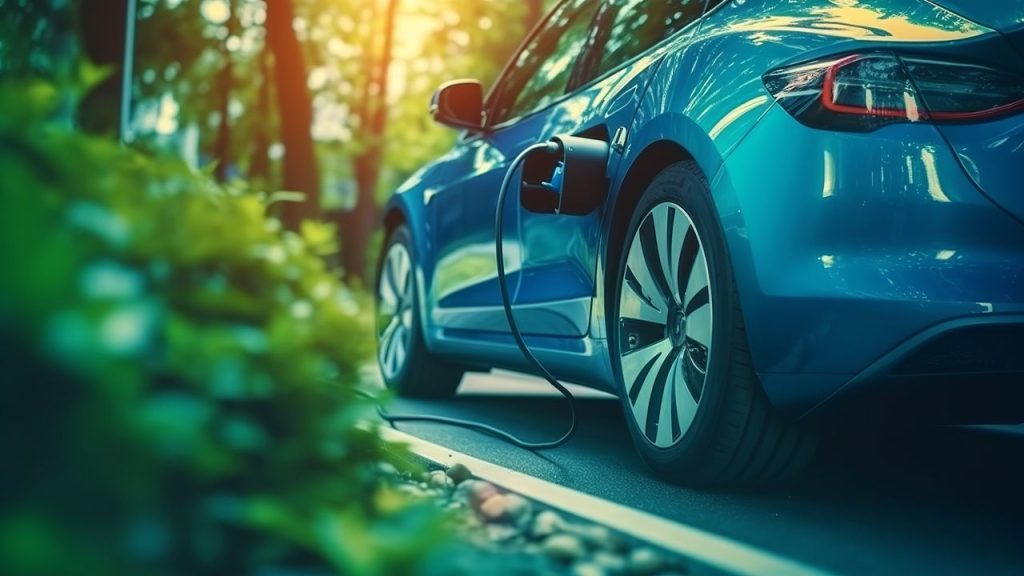Electric Car Maintenance and Servicing: Ensuring Longevity and Optimal Performance
Electric vehicles (EVs) are gaining popularity as a sustainable and eco-friendly transportation option. As more people make the switch to electric cars, it becomes crucial to understand the importance of regular maintenance and servicing to ensure the longevity and optimal performance of these vehicles. In this article, we will delve into the key aspects of electric car maintenance, focusing on EV battery health, electric vehicle service, and the maintenance of various EV components.
1. EV Battery Health
The battery is the heart of an electric vehicle, and its health directly impacts the car’s performance and range. To maintain the longevity and efficiency of your EV battery, follow these essential tips:
- Regular Charging: Charge your EV regularly, preferably overnight, to keep the battery within its optimal range. Avoid letting the battery charge drop too low before plugging it in.
- Avoid Extreme Temperatures: Extreme heat or cold can negatively affect battery performance. Park your EV in shaded areas during hot weather and avoid exposing it to extreme cold whenever possible.
- Use Manufacturer-Recommended Chargers: Utilize chargers recommended by the EV manufacturer to ensure compatibility and prevent potential damage to the battery.
- Monitor Charging Speed: Avoid using fast chargers excessively, as they can generate more heat and impact battery health. Opt for slower charging options when possible.
2. Electric Vehicle Service
Regular servicing is essential to maintain the overall health and performance of your electric vehicle. While EVs generally require less maintenance compared to traditional internal combustion engine vehicles, certain components still require attention:
- Tire Maintenance: Check tire pressure regularly and ensure they are properly inflated. Underinflated tires can reduce range and efficiency.
- Brake System: Electric vehicles often use regenerative braking, which reduces wear on brake pads. However, it is still important to have the brake system inspected during routine services.
- Fluids and Filters: While EVs do not have oil filters or require regular oil changes, other fluids such as coolant and brake fluid may still need to be checked and replaced as per the manufacturer’s recommendations.
- HVAC System: The heating, ventilation, and air conditioning system should be inspected and serviced periodically to ensure optimal performance.
3. Maintenance of EV Components
Electric vehicles consist of various components that require regular maintenance to ensure their longevity and efficient operation:
- Electric Motor: The electric motor is the heart of an EV’s propulsion system. While these motors are generally reliable, they should be inspected periodically to detect any potential issues.
- Charging Port and Cable: Inspect the charging port and cable for any signs of damage or wear. Clean the contacts regularly to maintain a proper connection.
- High-Voltage Battery System: The high-voltage battery system should be inspected by trained professionals to ensure its safety and performance. Regular checks can help identify any potential issues before they become major problems.
- Electronic Control Units (ECUs): ECUs control various functions in an EV. Regular software updates and inspections of these units are necessary to ensure optimal performance and compatibility with new technologies.
By following these guidelines for EV battery health, electric vehicle service, and maintenance of various EV components, you can ensure your electric car remains in top condition, providing you with a smooth and reliable driving experience for years to come.


